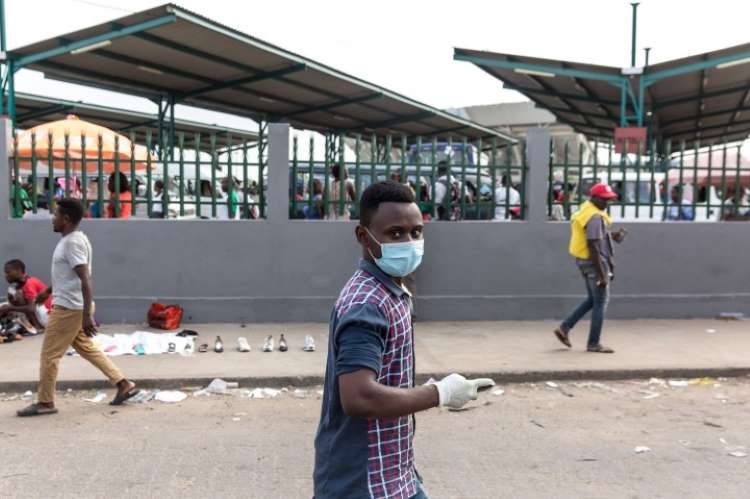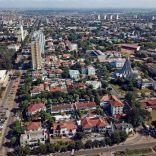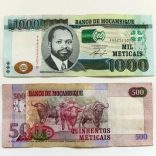France donates €100,000 to support coastal resilience in northern Mozambique
Mozambique:. Economy to grow 2.2% this year; debt to swell to 125.4% of GDP – IMF

File photo: Lusa
Mozambique’s economy is set to grow 2.2% this year, the same as last year, but its debt-to-GDP ratio will swell to 125.4% by the end of this year, from 110% at the end of 2019, according to the International Monetary Fund.
In a report on the economic outlook for Sub-Saharan Africa, the IMF says that Mozambique is on course to register the third highest debt-to-GDP ratio in the region, only surpassed by Eritrea and Cape Verde.
Economic growth will be no faster than last year, while public debt will increase in relation to the GDP because of the effects of the Covid-19 pandemic and lower prices for raw materials, the IMF says.
The IMF forecasts GDP growth of 4.7% for 2021, and a slight fall in the debt ratio, to 124.9%, still well above the regional average of 57%.
“Sub-Saharan Africa is facing an unprecedented health and economic crisis,” reads the report ‘Regional Economic Outlook: Sub-Saharan Africa’, which this year is entirely devoted to the effects of Covid-19 on the continent. “One that threatens to reverse the development progress of recent years.”
“Furthermore, by exacting a heavy human toll, upending livelihoods, and damaging business and government balance sheets, the crisis threatens to slow the region’s growth prospects for years to come.”
The IMF sees GDP growth in oil-exporting countries slumping to minus 2.8% this year, from 1.8% in 2019. That represents a drop of 5.3 percentage points compared to the IMF’s October report on the region.
In the case of the region’s largest exporter, Nigeria, its economy is set to shrink by 3.4% due to falling oil prices and the effects of measures to prevent the spread of the coronavirus.
Against a backdrop of even greater than usual uncertainty, the IMF sees sub-Saharan Africa experiencing negative growth of 1.6% this year – the highest recorded and 5.2 points down from October’s forecasts. However, the Fund forecasts that in 2021 the continent will return to growth, with GDP expanding by an average of 4.1%.
The recession forecast for sub-Saharan Africa is explained by the IMF by three major factors: containment measures, which are damaging economic activity; the effects of the slowdown in the global economy, which is also in recession this year; and the fact that “a sharp decline in commodity prices, especially oil, is exacerbating challenges in some of the region’s largest, resource-intensive economies”, including also Angola.
These shocks, the IMF’s Africa Department explains, will interact with existing vulnerabilities, exacerbating the economic and social conditions in each country.
The IMF warns in the report that the measures that countries have had to take to ensure social distancing and prevent people from moving are sure to endanger the livelihoods of countless vulnerable people who, because of limited social protection to compensate for loss of income, will suffer a lot. For the public sector in many countries, the IMF concludes, this crisis “could not have come at a worse time.”













Leave a Reply
Be the First to Comment!
You must be logged in to post a comment.
You must be logged in to post a comment.